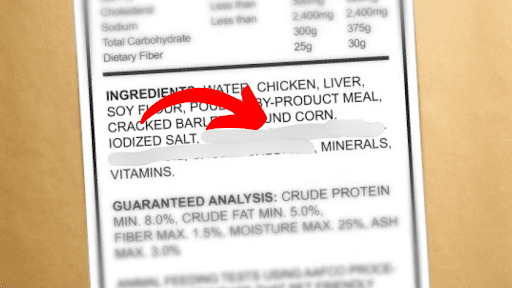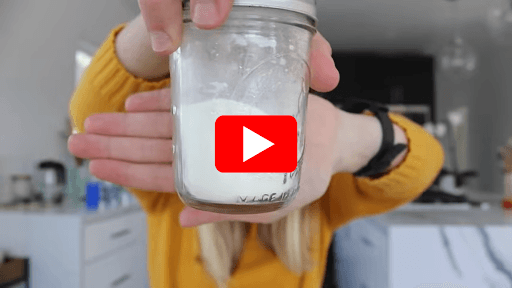8 Things that Destroyed my Gut Health that I Wish I Stopped Sooner
Many of us experience digestive discomforts without realizing the significant impact our daily habits can have on our gut health. Reflecting on my childhood with IBS, I've learned that it's not just about what we eat but more about our overall habits. Here are eight transformative changes I made that significantly improved my gut health.
One major change involved ending my habit of constant grazing. Once, I believed that more frequent meals would boost my metabolism. I discovered that this continuous intake prevented proper gut motility, which is essential for digestive health.
Intermittent breaks between meals can revitalize your gastrointestinal system by allowing it to repair and cleanse naturally.
Fiber consumption is crucial. I stopped oscillating between zero and low fiber intake because I noticed harsh effects on my digestion. Now, I derive my dietary fiber from natural sources, ensuring I consume the recommended daily amount to support gut regularity.
Hydration is vital for maintaining the gut mucosal layer. I use bone broth and collagen-rich foods to strengthen this layer, preventing pathogenic invasions and reducing systemic inflammation. Highlighting the importance of the mucosal layer encourages a holistic view of gut health.
I completely cut out alcohol due to its damaging effects on the gut’s epithelial cells and contribution to inflammation. This decision was based on reviewing literature discrediting alcohol consumption as beneficial to any aspect of health, including gut functionality.
The psychological effects of long elimination diets made me rethink them. By encouraging dietary variability, I maintained a diverse gut microbiome, crucial for overall digestive health. Limiting one’s scope of consumable foods can induce food-related anxieties and isn't a sustainable approach.
Lowering my intake of saturated fat worked wonders for my digestion, aligning with reports that excessive saturated fats can contribute to discomfort. This does not imply elimination, just careful moderation to supplement overall fat intake.
Finally, I identified that an excess of almonds caused indigestion and bloating. Monitoring my intake improved digestion – a gentle reminder to consider specific food sensitivities.
Understanding gut health necessitates a comprehensive approach that includes informed dietary decisions and lifestyle changes. By prioritizing entire-body well-being, our digestive systems function more optimally, leading to an improved quality of life.
From Around The Web
Wellness Inbox is a blog & weekly newsletter that curates trending news and products related to health and wellness from around the web. We also gather content from various sources, including leading health professionals, and deliver it directly to you.
Please note that we may receive compensation if you purchase any products featured in our newsletter. Wellness Inbox is not affiliated with, nor does it endorse, any health professionals whose content may appear in our newsletter. The information provided is for general informational purposes only and should not be considered medical advice.
The information provided is not intended to replace professional medical advice, diagnosis, or treatment. All content, including text, graphics, images, and information available is for general informational purposes only. We do not guarantee the accuracy or completeness of any information presented and assume no liability for any errors or omissions. The content is subject to change without notice. We encourage you to verify any information with other reliable sources and consult your physician regarding any medical conditions or treatments.







